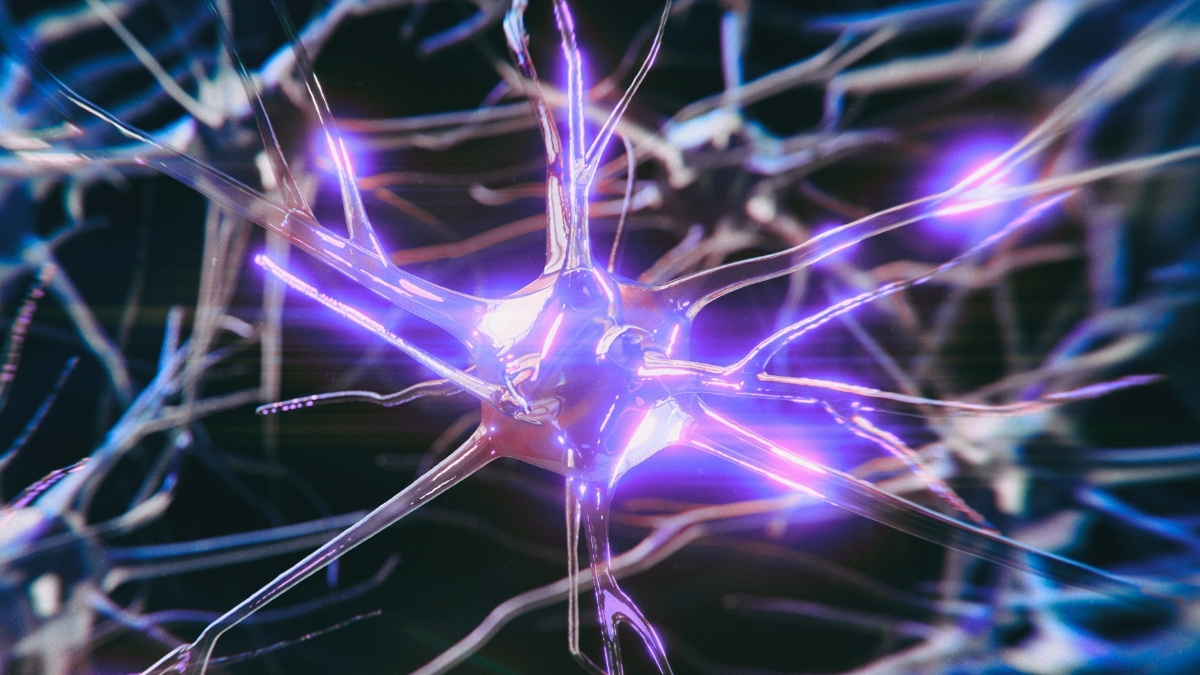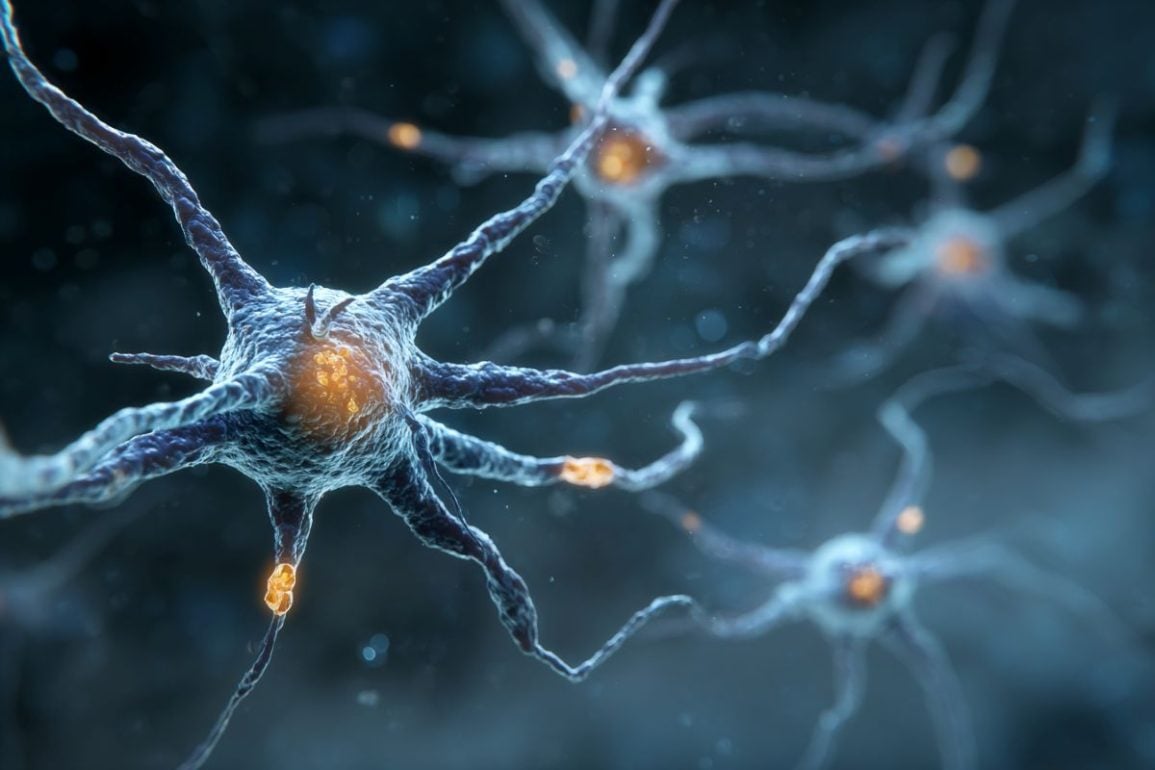Category: Science
Your Bank Account Shapes Your Democratic Values Better Than Your Political Identity

New research shows Americans’ economic circumstances shape their democratic values more than political ideology when forced to choose between competing principles.
The post Your Bank Account Shapes Your Democratic Values Better Than Your Political Identity appeared first on Study Finds.
The 6-7 Craze Offered A Brief Window Into The Hidden World Of Children

Many adults are breathing a sigh of relief as the 6-7 meme fades away as one of the biggest kid-led global fads of 2025.
The post The 6-7 Craze Offered A Brief Window Into The Hidden World Of Children appeared first on Study Finds.
Youngest Person to Be Diagnosed With Dementia in Britain Dies at 24
 There’s so much we still don’t understand.
There’s so much we still don’t understand.
Immune Signal Ratio May Predict Progressive Multiple Sclerosis
 A long-term study has identified a potential biomarker that could help detect which patients are progressing toward more severe forms of multiple sclerosis. Researchers discovered that a high ratio of CXCL13 to BAFF indicates compartmentalized inflammation in the leptomeninges, a hallmark of progressive MS.
A long-term study has identified a potential biomarker that could help detect which patients are progressing toward more severe forms of multiple sclerosis. Researchers discovered that a high ratio of CXCL13 to BAFF indicates compartmentalized inflammation in the leptomeninges, a hallmark of progressive MS.
Drunk From Pizza? Rare ‘Auto-Brewery Syndrome’ Turns Carbs Into Alcohol

Researchers have finally identified the microbial culprits and biochemical pathways behind this bizarre condition.
The post Drunk From Pizza? Rare ‘Auto-Brewery Syndrome’ Turns Carbs Into Alcohol appeared first on Study Finds.
Scientists Decode Sleep Patterns to Forecast Your Future Health Risks

The findings suggest that sleep patterns contain far more information about future health than previously recognized.
The post Scientists Decode Sleep Patterns to Forecast Your Future Health Risks appeared first on Study Finds.



























